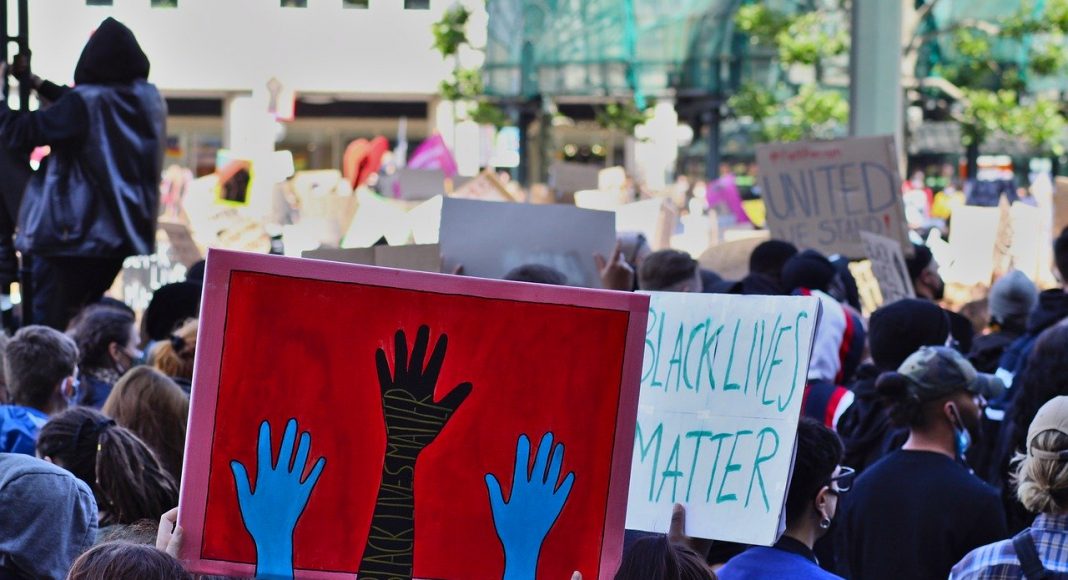Michigan State University professor Lisa Cook joined Princeton’s Bendheim Center for Finance to discuss how violence impacts innovation, as well as the economic and societal fissures exposed by Covid-19.
On Monday (June 8), Michigan State University economist Lisa Cook joined the Princeton Bendheim Center for Finance to discuss the economic and social implications of racial disparities in the US, with a specific focus on research that examines how violence impacts innovation among black Americans.
Cook is a Professor of Economics and International Relations at Michigan State University and was previously a senior economist in President Obama’s Council of Economic Advisers. She was joined by Princeton professor Markus Brunnermeier, Director of the Princeton Bendheim Center for Finance.
Watch the full presentation below:
A few highlights from Cook’s talk:
—The common feature of the economic and societal fissures exposed by Covid-19—from disparities in health care to wealth gaps to police violence—is systemic racism. The academic literature on the origins, channels, and implications of systemic racism has largely not addressed macro inputs and outcomes, like innovation and GDP.
—In studying the relationship between innovation and violence, Cook finds that violence significantly diminishes innovation and economic activity with persistent effects.
—In a study examining patents obtained by African Americans from 1870 to 1940, Cook finds that lynchings affected the patents of African Americans significantly, and segregation laws hurt the most valuable patents of African Americans—electrical patents. The missing patents are equivalent to the number of patents issued by a medium-sized European country at the time.
—As a result of African Americans not being more engaged in the innovation process, the US is losing 4.4 percent of GDP each year. This is compared to 2.7 percent for women not being more engaged in innovation.






